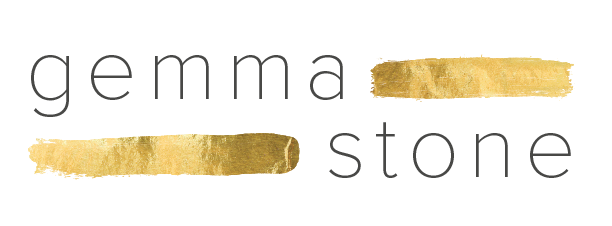and five questions to help you
It’s a humbling experience, to come face to face with how we are the villain in our own story.
Of course, that’s not true.
Nor is it true that the other person is the villain either.
Our black and white thinking brain likes to harness judgement to make us think it’s true – that they were wrong and we were right.
The truth is almost always much more nuanced and complex than that.
Within all human interactions there are layers of stories that prevent us from trusting seeing ourselves and others clearly. At any given moment, we are contending with trauma from the past, fears about the future, attachment dynamics, multigenerational patterns, cognitive biases, survival strategies, defence mechanisms, shadow and soul.
Back to me being humbled.
I’ve been in and out (mostly in) of therapy most of my life, I have a handful of degrees in psychology and more than a dozen advanced post-graduate certificates in various therapeutic modalities (I know, this isn’t sounding all that humble … wait for it).
And still.
The one who defended rightness.
I’ve been the one that demanded change.
The one who was so terrified of loss I clung and coped in the most unbecoming way.
There’s been moments when the only lens I could look through was tainted with negativity. Survival strategies that protected me and hurt others have been used. Substances to numb. Work to distract.
I’ve positioned myself on the highest of high moral ground with rigid regard. I’ve issued ultimatums and rules of engagement, desperate to avoid the death I knew was coming.
They say we teach the lessons we need to learn.
Through my lifetime of hurting and healing, I’ve learned:
- In the long run, you never lose by speaking your truth with love.
- Neither you, or they, are always all victim or all villain.
- Shifting your perspective from “me” against “you” into wholehearted intention and action can change everything.
- Compassion and curiosity are the most helpful travelling companions while navigating complex interpersonal terrain.
- Approaching change with grace, creates space for magical possibility.
After spending the better part of this year, excavating my shadows, dismantling my ego, releasing roles, investigating identities, and unpacking the traumas that fuel the triggers – it’s so clear to me: this work never really ends.
But, it does get easier.
And, we do get better.
Here are the five questions that help me hold onto my best self in the most trying of times.
- What would Love do?
- What matters most?
- What am I pretending not to know?
- Would I rather be right, or be relational?
- If tomorrow never comes, how do I want today to end?
